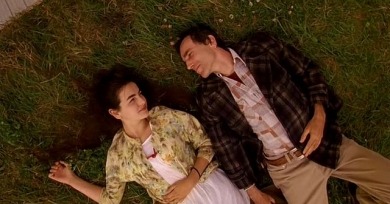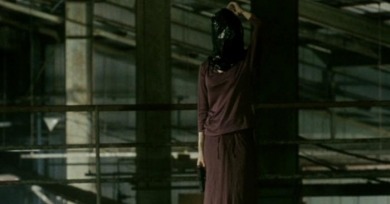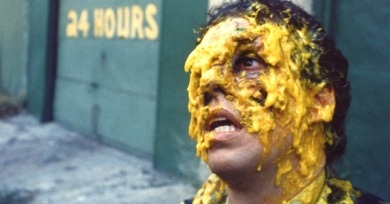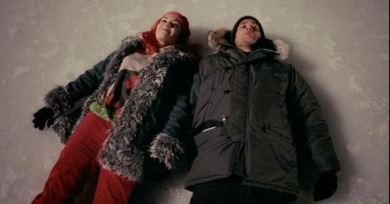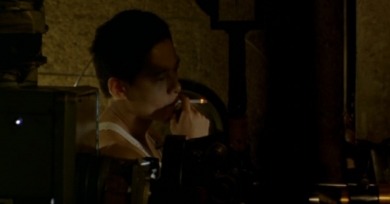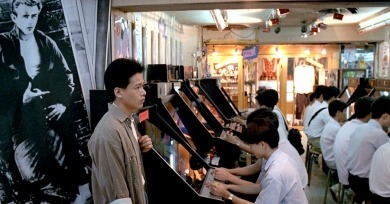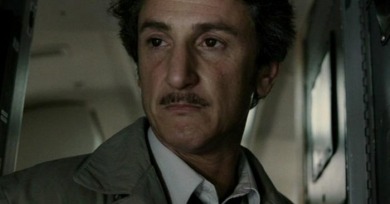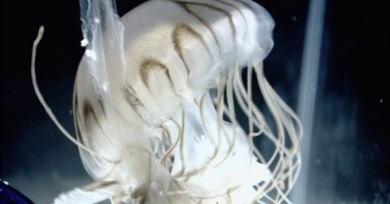Reviews
Writer-director Rebecca Miller’s The Ballad of Jack and Rose, is so gorgeously photographed, so thoughtfully performed, and so relentlessly sincere, you can almost overlook how truly awful it is.
To the growing cadre who’ve immersed themselves in the current landscape of lesser-known Japanese cinema, Kurosawa’s films remain as relevant and as highly anticipated as those of his internationally-praised contemporaries Takashi Miike and Takeshi Kitano.
James Munro’s Street Trash is a careening, runaway dump truck of gore, raunch, racial slurs, and slapstick whose narrative hinges on a liquor store owner’s scheme to drive away pesky homeless patrons by selling them a discounted case of fetid malt liquor.
Kings and Queen was one long, effervescent gush of cinema in a year when the medium dearly needed a shot of spirit; maybe that’s enough to account for the general outpouring of critical goodwill that greeted its arrival onscreen.
How Before Sunset deeply affects so many people can’t be so easily defined.
It’s worth noting that I only know one person who didn’t like Eternal Sunshine of the Spotless Mind.
For the last 20-odd years, James L. Brooks has compiled an oeuvre whose defining feature has been its shallow conception of cinema’s possibilities.
If anyone tells you that Million Dollar Baby “isn’t really about boxing,” they’re doing a disservice to the film and overlooking its central achievement. It’s all about boxing every second, every frame.
Set in the halls and caverns of a haunted movie palace, Goodbye, Dragon Inn doesn’t afford its audience a glimmer of natural light throughout its slender 81 minutes.
Tsai's films engage a whole mythology of distance and doldrums—one so inclined can extrapolate psychological echoes of Tennessee Williams, Dostoevsky, and Charles Schulz's Peanuts.
In the context of a jingoistic or indifferent media, putting “assassination” in a title is transparent titillation, the promise of a Falling Down for liberals with the frisson of sedition.
Like his 1963 masterpiece Contempt, Notre musiques rigorous examination of cinema as fallible super-medium builds subtly into a powerful wave of hope, even despite itself.
